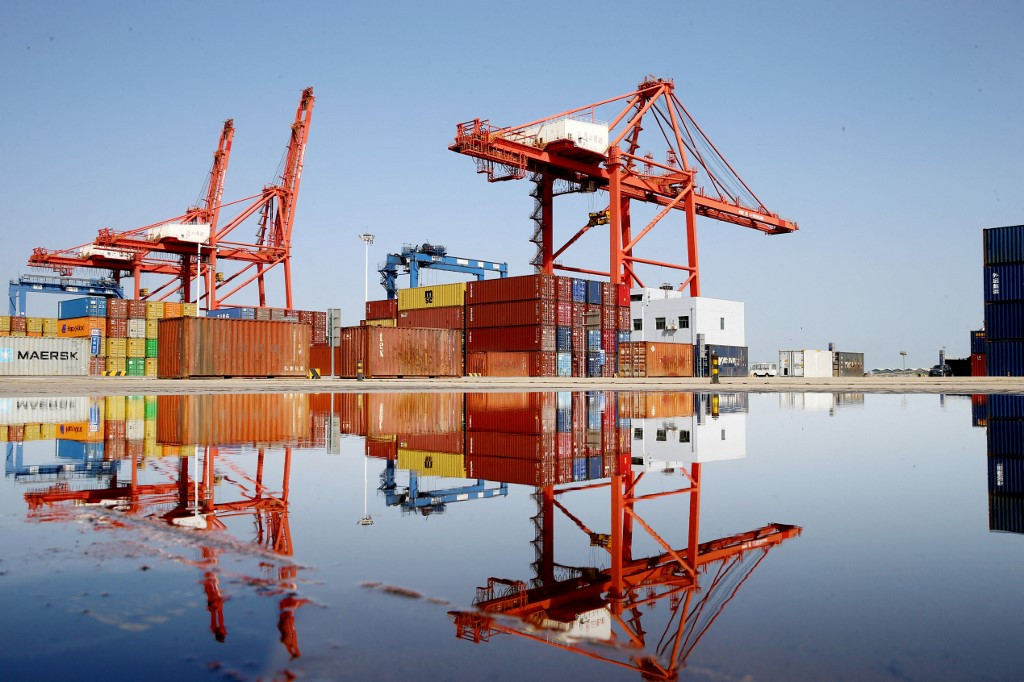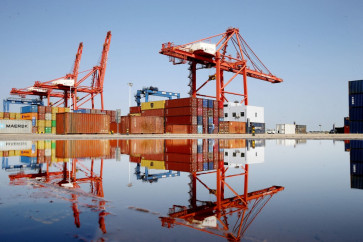Popular Reads
Top Results
Can't find what you're looking for?
View all search resultsPopular Reads
Top Results
Can't find what you're looking for?
View all search resultsChina is fighting for bigger consumer demand
There are signs that the Chinese economy has been improving, owing to the government’s September 2024 stimulus package.
Change text size
Gift Premium Articles
to Anyone
T
here are signs that the Chinese economy has been improving, owing to the government’s September 2024 stimulus package. Year-on-year (yoy) GDP growth in the first quarter of this year reached 5.4 percent, continuing a marked acceleration from the third quarter of last year.
In fact, the change in policy direction has been evident since late 2022, when Chinese policymakers acknowledged that falling demand was becoming a major problem. The most important cause was the real estate market, where a collapsing price bubble hit local government revenues hard, cutting into residents’ property and business income, an important part of disposable income, and pushing consumer spending below trend levels.
To alleviate pressure on local governments, the central government allowed them to expand their debt financing by issuing US$1.4 trillion worth of long-term bonds (over five years) to replace their short-term debt. Proceeds from long-term bond issuances were also used to shore up state-owned commercial banks’ balance sheets and enhance their capacity to generate credit.
Meanwhile, the central bank has maintained faster credit growth, but is being cautious about lowering policy rates. With China’s real interest rates above 4 percent, a significant rate cut is unavoidable given concerns about exchange-rate volatility and the financial condition of commercial banks.
Chinese authorities understood that stabilizing the property and stock markets could mitigate the slowdown in consumer spending. Thus, the stabilization strategy requires local governments to use a portion of the special debt financing they receive to purchase unsold residential buildings on the market, and to use those units as guaranteed housing for local residents. It also requires state-owned non-bank financial institutions to buy back and hold more shares. In another country, such measures would sound implausible. But China’s state-owned financial system makes them feasible.
Moreover, there is broad-based social support for expanding government income assistance for households. During the National People’s Congress in early March, raising incomes and expanding protections for the elderly and infants were hotly debated topics.
Though the government raised the minimum urban and rural basic pension disbursement by another 10 percent this year, most economists suggested that the standard should be much higher. After all, current disbursements are a mere 200 yuan (US$27) per month in most small and medium-size cities and rural areas.



















